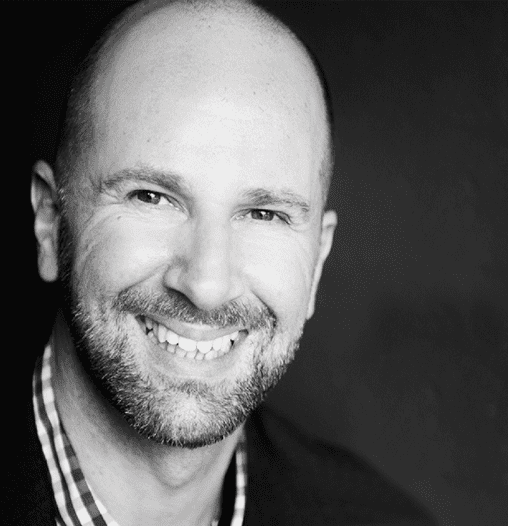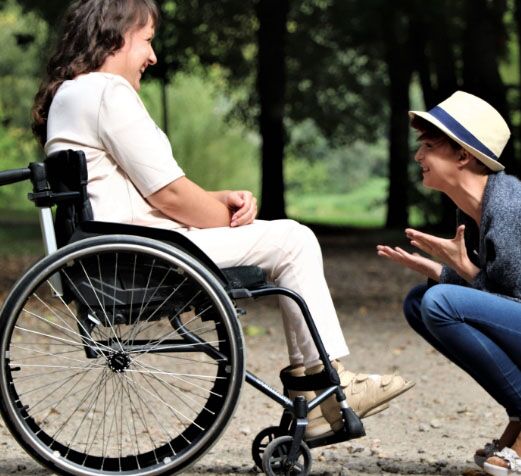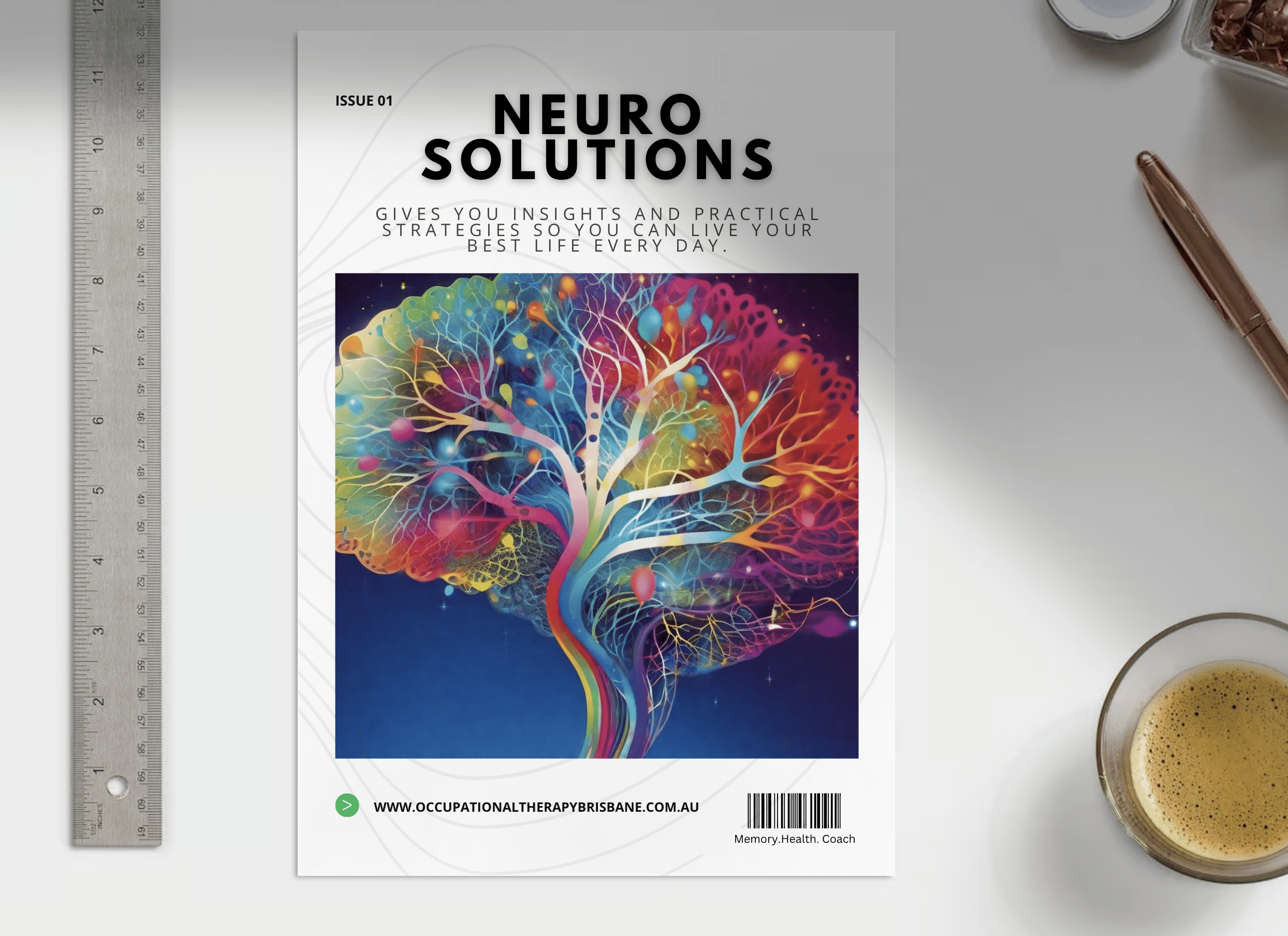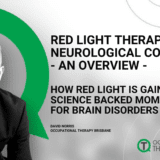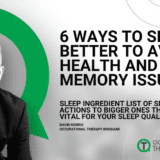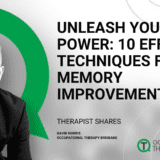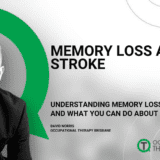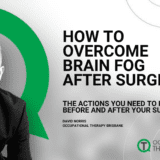What Keeps You Sharp?
Memory loss, is the second most feared health concern of Australians according the 2016 Facing the Health of Australians report.
So, when I saw this article from a British research team it prompted me to reflect on our work together and our previous Monday Memory Health Tips.
Let me start by asking you this……
Do you think that lifestyle and genetics are equally important influences on how your thinking skills — including your memory — change as you age? By that I mean, do you think it’s a 50:50 split in how they influence your cognitive fitness?
If you said “ Yes, David that sounds about right” you’re not alone and that was the finding form a large (3000 participant) UK study published this week in the American Journal of Geriatric Psychiatry.
What Can You Learn From the What Keeps You Sharp Study
The study “What Keeps You Sharp” was considered to be a pulse reading of UK citizens belief of brain health and ageing. Interestingly
- Nine out of 10 people are of the opinion that there are things they can do to maintain or improve their thinking skills; however, when asked if they knew what those things were, less than six in 10 were sure, according to the researchers
What’s good about this is that people appear to have a growth mindset when it comes to their brain health.
Furthermore the study found
- The majority of people saw memory as the skill people thought would be the most likely to decline and also the one they expected to decline earliest.
It appears to lead researcher Dr Gow, the reason for this observation is that memory is so central to being able to do the things we want to do such as looking after ourselves and living independently, continuing to have a good quality of life and keeping our social connections.
Now, I know this all comes to you as no surprise given what you’ve learned so far. Coming full circle to my earlier question
Do you think that lifestyle and genetics are equally important influences on how your thinking skills — including your memory — change as you age?
Our lifestyle and our environment and how our genes interact with these two factors is now considered it to account for 75% of the changes to our brains performance according to research.
So it’s the “outside of me” factors which have the biggest impact on our brain and memory health.
So what do we mean by lifestyle?
Here’s a quick summary of the often talked about lifestyle factors
- Exercise
- Diet
- Smoking
- Alcohol
- Medication
An extension to the classic lifestyle list can also include
- Cognitive Stimulation
- Sleep
- Stress
- Social Interaction
Here’s an article which can go further on this topic: 5 Easy Ways To Improve Your Brain Health
What about environment?
Your home environment, your community, your living conditions may expose you to helpful or harmful factors such as
- The toxins, molds and fungi in the home and local environment may impact on your cognitive and overall health
- Natural light exposure or lack thereof
- Exposure to noise and vibration
- Accessible pathways, trip hazards and other known falls risks
- Social, cultural and spiritual environment
Being aware of this and knowing all this, hopefully, should edge us towards doing what’s best for our brain. No doubt, being brain and memory health smart is where it is at to taking control of your cognitive fitness.
It’s important to remember that memory decline isn’t an inevitable part of ageing. Memory changes could be linked to dementia or other conditions. If you or anyone else has concerns about their memory or thinking skills, then we would urge them to consider a memory health check up or to see their GP.
Memory Health Clinic: Next Steps To Reduce Your Risk For Memory Decline
If you’re interested in taking smart actions to improve your brain and memory health and reduce your risk for cognitive decline- call today 1300 783 200 to find out more or schedule your Memory Health Check Up.
Understanding your current Memory Health situation means
- Getting a clear picture on your memory health numbers compared to other people your age
- Having peace of mind that your on the right track to improve your memory health
- Understand what actions are needed to improve your memory health
- Being responsive to memory change and have a program in place to reduce your memory loss risks.
Call 1300 783 200 to schedule your initial memory health check up at the Memory Health Clinic.
References
American Journal of Geriatric Psychiatry: www.ajgponline.org/article/S1064-7481(18)30276-8/fulltext
Disclaimer
The Occupational Therapy Blog is a news and health promotion initiative. It by no means aims to be a source of medical or therapeutic advice. We enjoy sharing information and will attempt to curate it as best we can. You’d appreciate we like to lighten our blog articles which often tackles very serious and personal issues. It’s our way of sharing. The information contained on this blog is not intended to be a substitute for professional advice, or intervention. Always seek the advice of your GP or qualified therapist with any questions you may have regarding your personal situation. Never substitute or delay seeking professional advice because of information you’ve read on this website.
